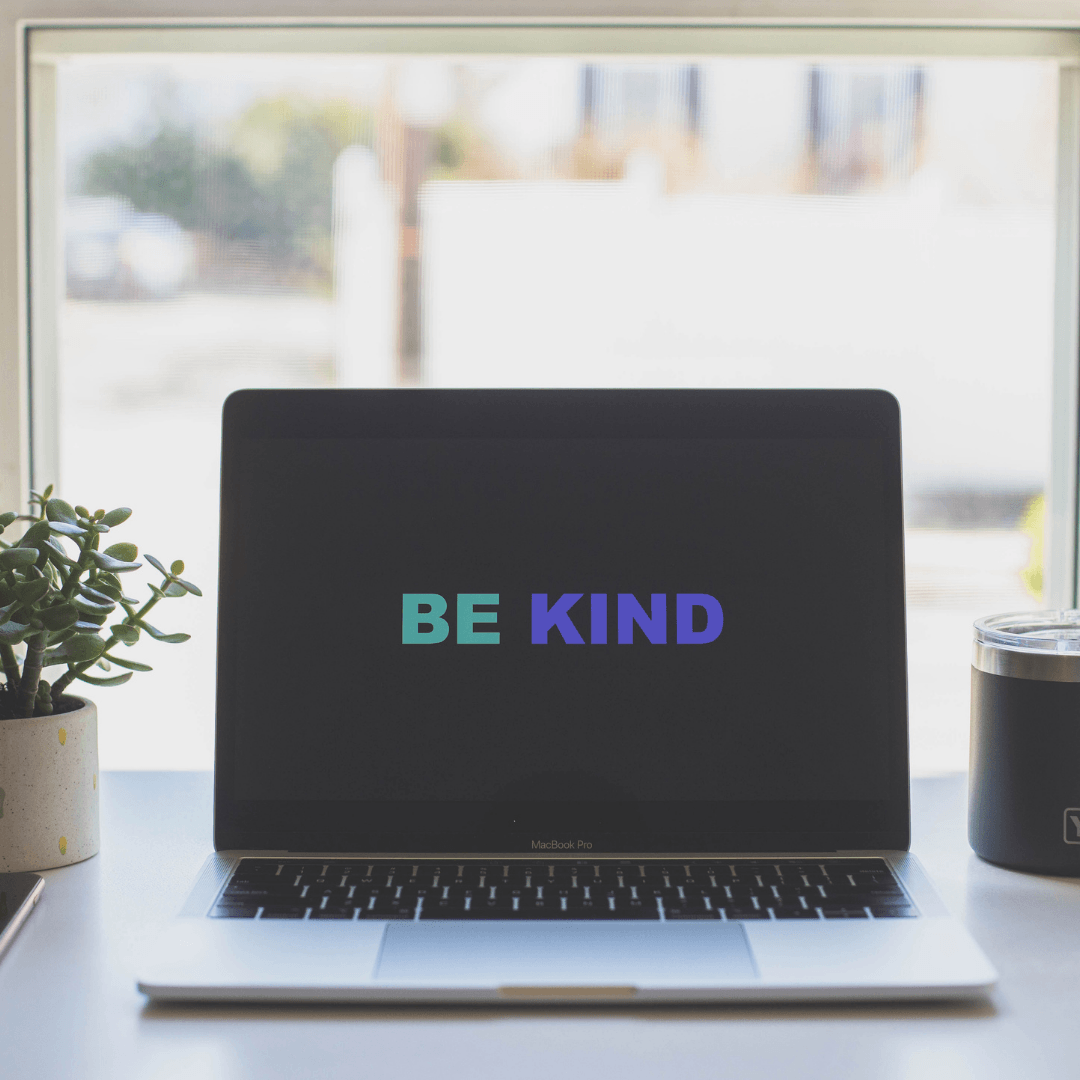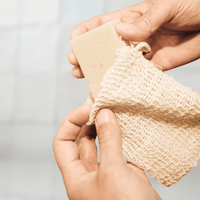
As social beings, we crave the warmth and comfort that kindness brings. Kindness helps ease tensions in a room and builds bridges between strangers. A simple smile or appreciative comment from a friend or colleague can become the biggest highlight of a person’s day.
We intuitively understand the beauty of kindness, but it also helps to know that being kind, calm, friendly and helpful also improves our health. Isn’t it wonderful that you can directly contribute to someone’s wellness, just be being kind to them?
Research shows a direct causal relationship between kindness and increased health benefits of brain and heart health, long life, fulfillment, and energy. Overall, it improves our relationships and even our mental stamina. Kindness also decreases risks of stress, anxiety, depression, and illness. These wellness benefits are based on chemical reactions that get triggered when we help and support others with our gestures, words, and deeds.
How kindness lights up your brain’s pleasure centers
1. The “Love Hormone”
2. Overall Satisfaction
After visiting your friend in the hospital, or offering to help your grandmother with her groceries, you may feel a sense of satisfaction and fulfillment. Our acts of kindness release a chemical in our brains called serotonin. In addition to reducing stress, this neurotransmitter can heal wounds and bring you joy.
3. Helper’s High
This is an all natural high that makes your body tingle when you make others feel cared for. It comes from the endorphins that increase in our brains. That’s why even a simple smile can immediately lighten your mood. This endorphin high also measurably reduces physical pain.
Specific kind acts proven to increase your wellness



Quick Tip: Ensure your own constant kindness by making a brief list of your kind acts at the end of the day. Reviewing and tracking your kindness will inspire you to find creative new ways to make others feel good.
Remember that when you’re kind, you improve your own health and the health of those around you!
Sources:
https://www.randomactsofkindness.org/the-science-of-kindnesshttps://www.quietrev.com/6-science-backed-ways-being-kind-is-good-for-your-health/





